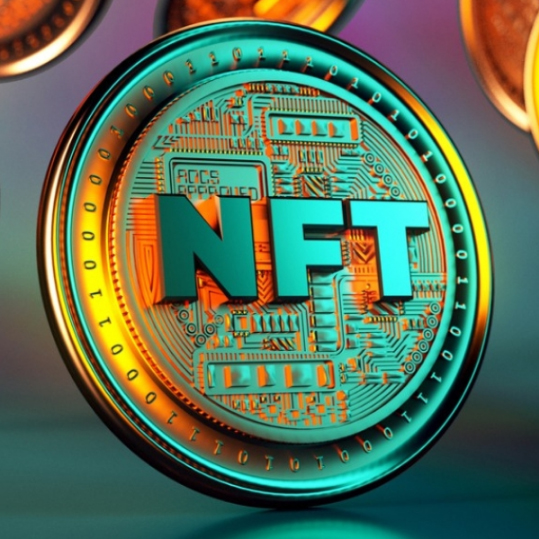Non-fungible tokens (NFTs) have opened up many business opportunities, allowing them to create new markets and sell previously unavailable products. That’s why businessmen and crypto traders visit this website to learn more about the status of NFTs.
For this blog post, we’ll explore how NFTs influence modern business and how you can take advantage of their unique properties. We'll also take a look at how NFTs can be used in various businesses and show you some of their benefits. So, if you want to stay ahead of the curve in today's business world, read on!
What are NFTs?
NFTs, or "non-fungible tokens," are a new type of cryptocurrency that allows for more complex and customizable transactions than traditional coins. They represent digital assets that can be traded, used in smart contracts, stored on a blockchain, or minted.
Non-fungible tokens have the potential to revolutionize modern business by making it easier to create and trade custom assets. For example, a company might create a tokenized version of its equity (an NFT) that allows investors to buy and sell shares without worrying about transfers between different currencies. This could make it easier for companies to raise money through Initial Coin Offerings (ICOs) and trade their tokens on secondary markets.
NFTs could also be used in more innovative ways beyond finance. For example, a video game developer might create an NFT called "collectible" that allows players to collect unique items within the game. This could enable gamers to share data across different games using blockchain technology, increasing the incentive for players to engage with the ecosystem as a whole.
While some development is still required before NFTs become mainstream, their potential marks a significant shift in how cryptocurrencies are used today.
How NFTs are being Used in Modern Business

NFTs are quickly becoming a popular way to store and exchange data. They allow for more efficient and secure transactions than traditional methods, such as email and file sharing.
Today, they are being used in a variety of ways by businesses around the world. For example, Airbnb uses NFTs to manage bookings and payments. Meanwhile, Facebook users may share tokens by linking their cryptocurrency wallets to their accounts.
These applications demonstrate the many potential uses for NFTs. They can help businesses streamline their operations and make transactions more secure.
The Benefits of Using NFTs
NFTs have become increasingly popular in the modern business world to store and manage digital assets safely. Here are some of the benefits of using NFTs:
●They provide a secure way to store and manage digital assets.
●They allow for easy transactions between parties.
●They can be used to track ownership and activity over digital assets.
●They can help reduce costs associated with managing digital assets.
The Challenges of Using NFTs in Modern Business
Since the advent of blockchain technology, NFTs have been unique in representing any property, including physical items, securities, and intellectual property. Because these assets can be stored on a distributed ledger, they offer several advantages over traditional forms of business ownership.
Because they are rare, the value of NFT is hugely higher than most tokens. Its price is affected by its utility, link with renowned or famous figures, and optimistic price forecasts.
Despite that, NFTs have already begun to impact modern business practices. For example, one company is using them to create a decentralized marketplace for art. By creating a platform where artists can sell their work directly to buyers, this company is lowering the barriers to entry and eliminating intermediaries.
Another use case is insurance. A company is using NFTs to provide Proof-of-Existence for insurance contracts. This provides assurance that the agreement was executed and reduces the chances it will be disputed.
While there are many benefits to using NFTs in business, some challenges must be addressed. For example, how will companies implement trust mechanisms when dealing with assets that cannot be physically possessed? How will transactions be verified? And what legal issues will arise when using NFTs in commercial settings?
Despite these challenges, there is no doubt that NFTs significantly impact modern business practices. As companies begin to adopt them more widely, we may see even more innovative ways in which they are used to improve efficiency and transparency across industries.
Conclusion
NFTs are quickly becoming an essential part of modern business. They provide a secure way for companies to transfer and manage assets and offer the potential for new revenue streams. This article has explored how NFTs are used in industry today and discusses some potential benefits. So whether you're looking to increase security and transparency within your business or tap into new revenue opportunities, learning about NFTs is essential.






